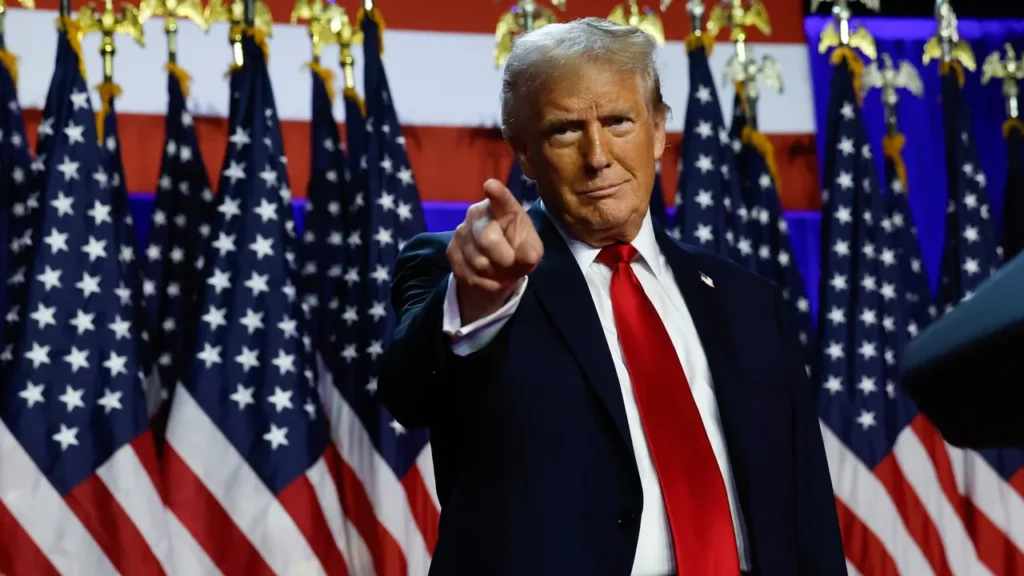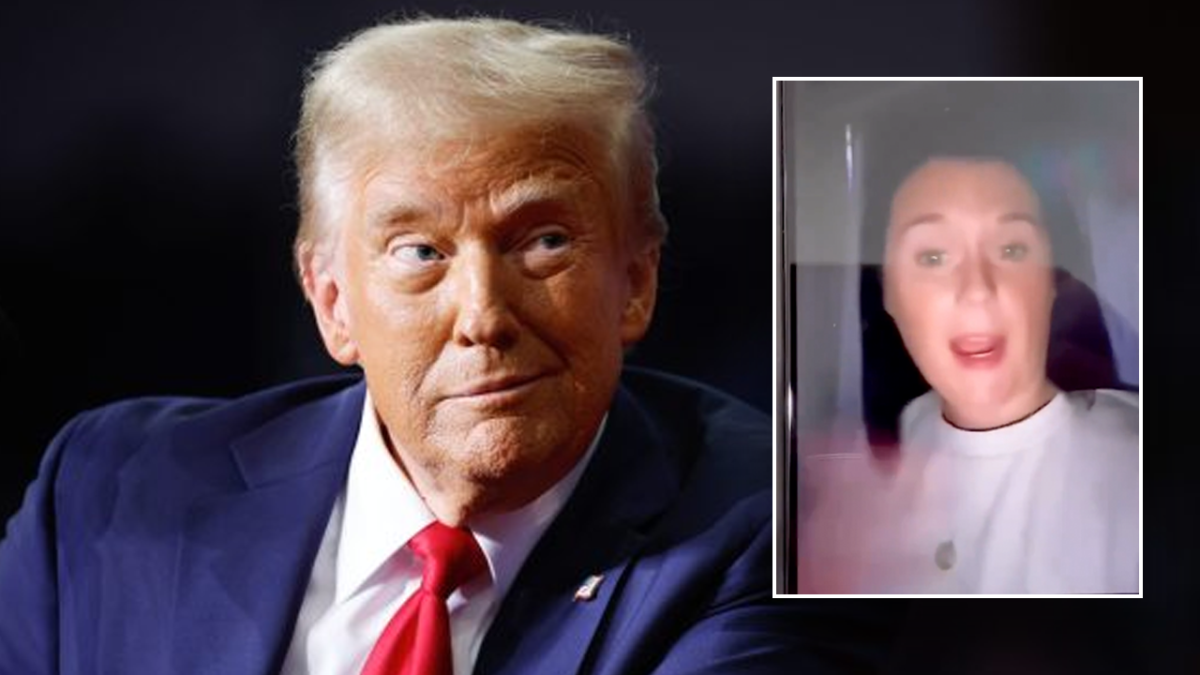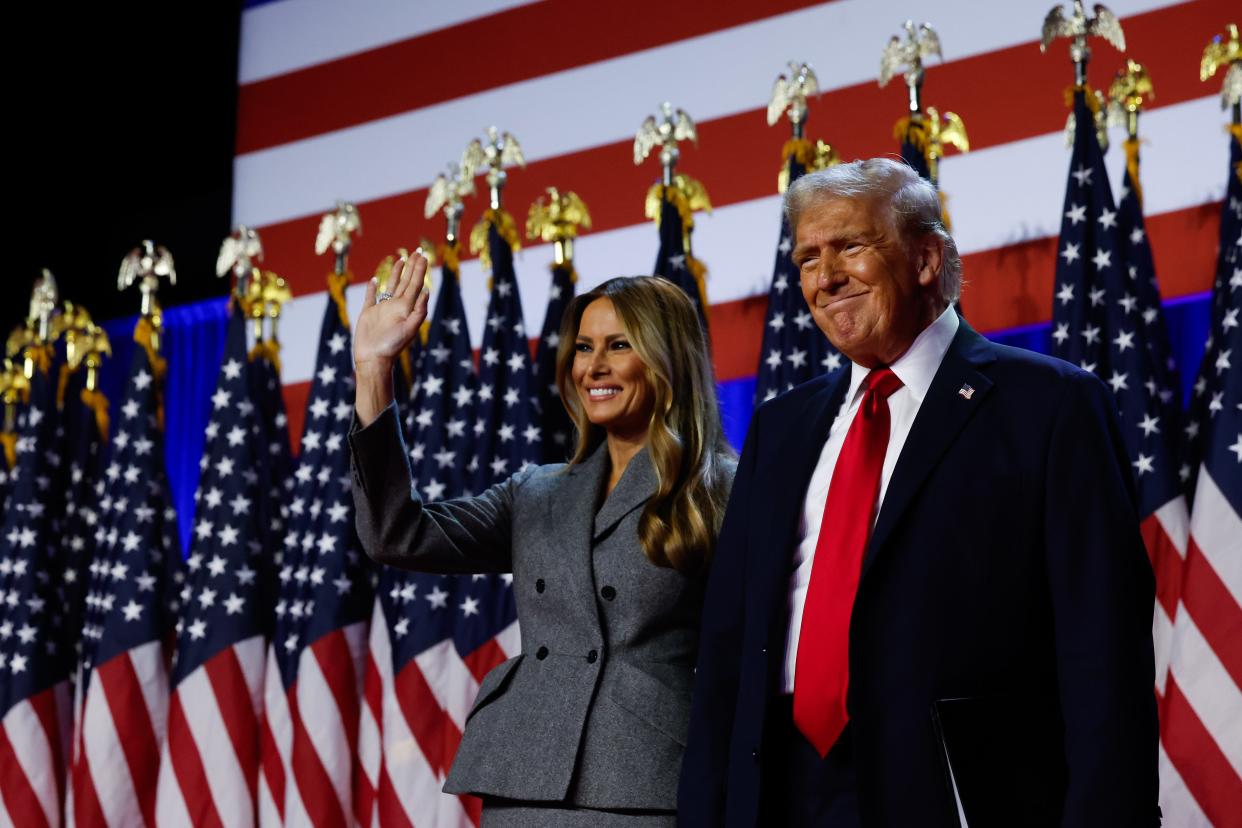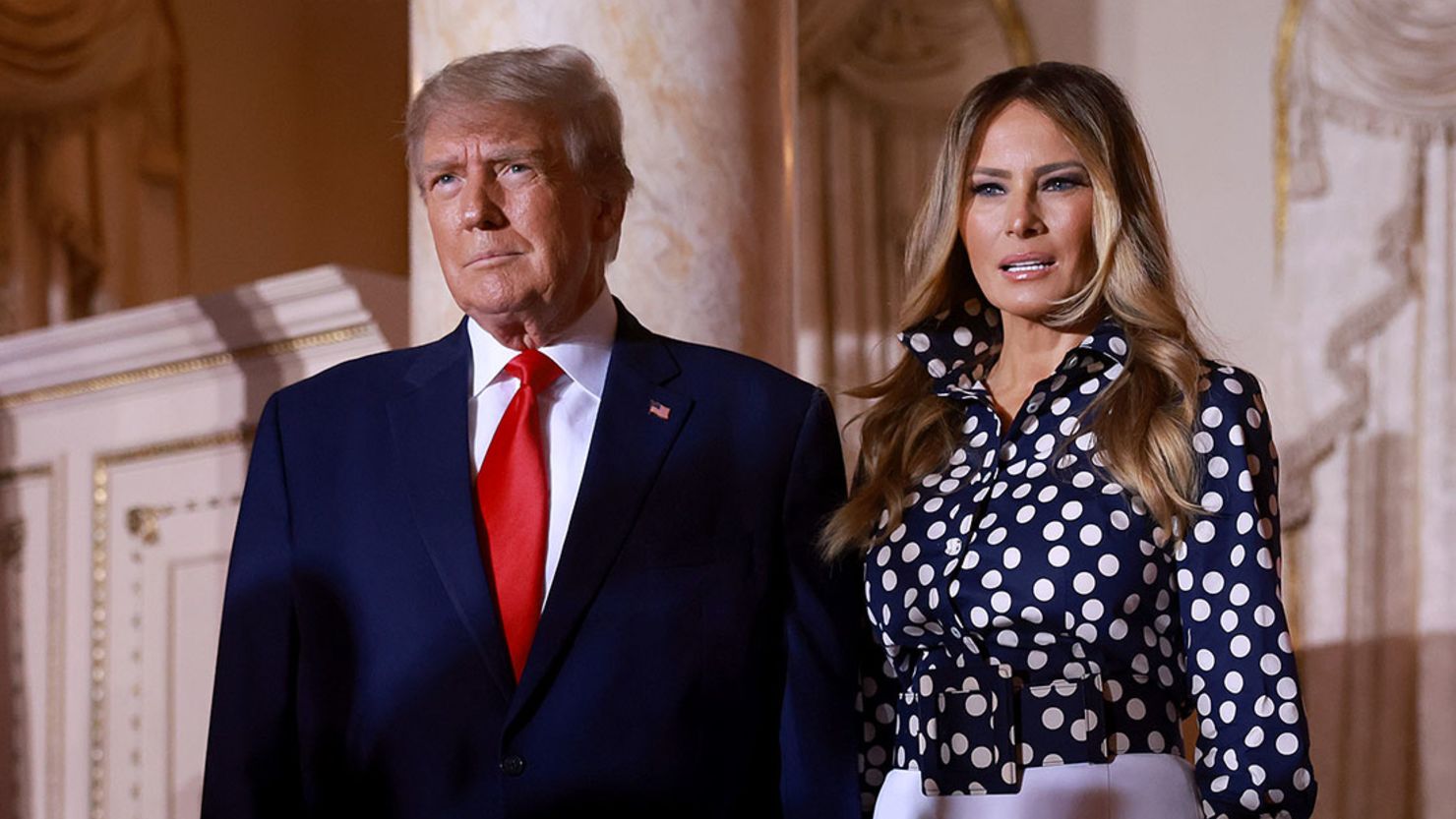
In a striking example of the volatile intersection between personal expression and professional responsibilities, Annie Dunleavy, a special education teacher from Cheshire, Connecticut, has resigned following a contentious backlash over her incendiary remarks about Trump supporters in a viral video. This incident underscores the broader tensions reflecting the current political climate and raises questions about free speech and the consequences of online behavior.

A Viral Outburst with Severe Repercussions
Annie Dunleavy found herself at the center of a heated debate after a Snapchat video surfaced where she vocally threatened supporters of then President-elect Donald Trump. In the video, Dunleavy declared, “Just because you won doesn’t mean we don’t remember who the f— you voted for. Please don’t test your gangster on me because you will end on a stretcher, gone forever. So serious.” Her comments ignited a firestorm, leading to her immediate removal from the school and a swift resignation.
In a statement released by Cheshire Public Schools, Superintendent Dr. Jeff Sloan emphasized that the sentiments expressed were not representative of the district. He expressed his regret over the situation, stating, “They were hurtful, deeply concerning, and ultimately undermined the faith that our community has placed in us.”
The Investigation and Community Response
The Cheshire Police Department confirmed their awareness of Dunleavy’s video, initiating an investigation into the matter. Although no criminal charges have been filed, the incident has sparked a broader conversation on the responsibilities of educators and the implications of their public statements.

Connecticut state Sen. Rob Sampson was quick to condemn Dunleavy’s actions, highlighting the role educators play in creating a safe and inclusive environment. “Such behavior must not be tolerated in any school system,” Sampson remarked, noting the damaging impact of such remarks on the community’s trust in educators.
The Aftermath and Calls for Civil Discourse
Following the backlash, Dunleavy issued an apology, expressing her remorse in an interview with NEWS 8 WTNH.com. She admitted her emotions got the better of her and clarified her intent, stating, “I was in a moment of high emotion, and I shouldn’t have posted. The message came off wrong, which was if this is going to give people the permission in their minds to enact violence against women, I wanted to say, I’m not going down without a fight.”
The Connecticut Educator’s Association (CEA) also weighed in, advocating for respectful conversations and civil discourse, especially in the aftermath of an election. “We know that emotions can run high after an election, and we encourage everyone to engage in respectful conversations as part of our democratic process,” said CEA President Kate Dias.

Reflections on the Role of Educators in Political Discussions
This incident serves as a critical reminder of the delicate balance educators must maintain between their personal convictions and their professional duties. In an era where digital platforms can amplify personal opinions into public spectacles, the repercussions can be significant. As society continues to navigate these complex waters, the need for respectful discourse and understanding remains paramount, particularly within the educational settings that shape future generations.
